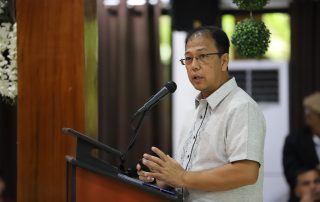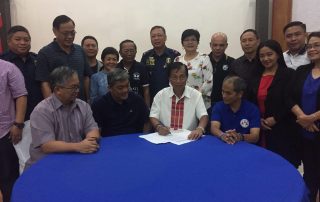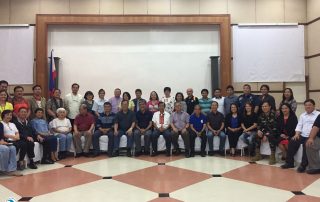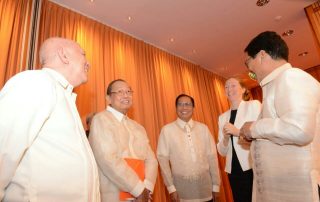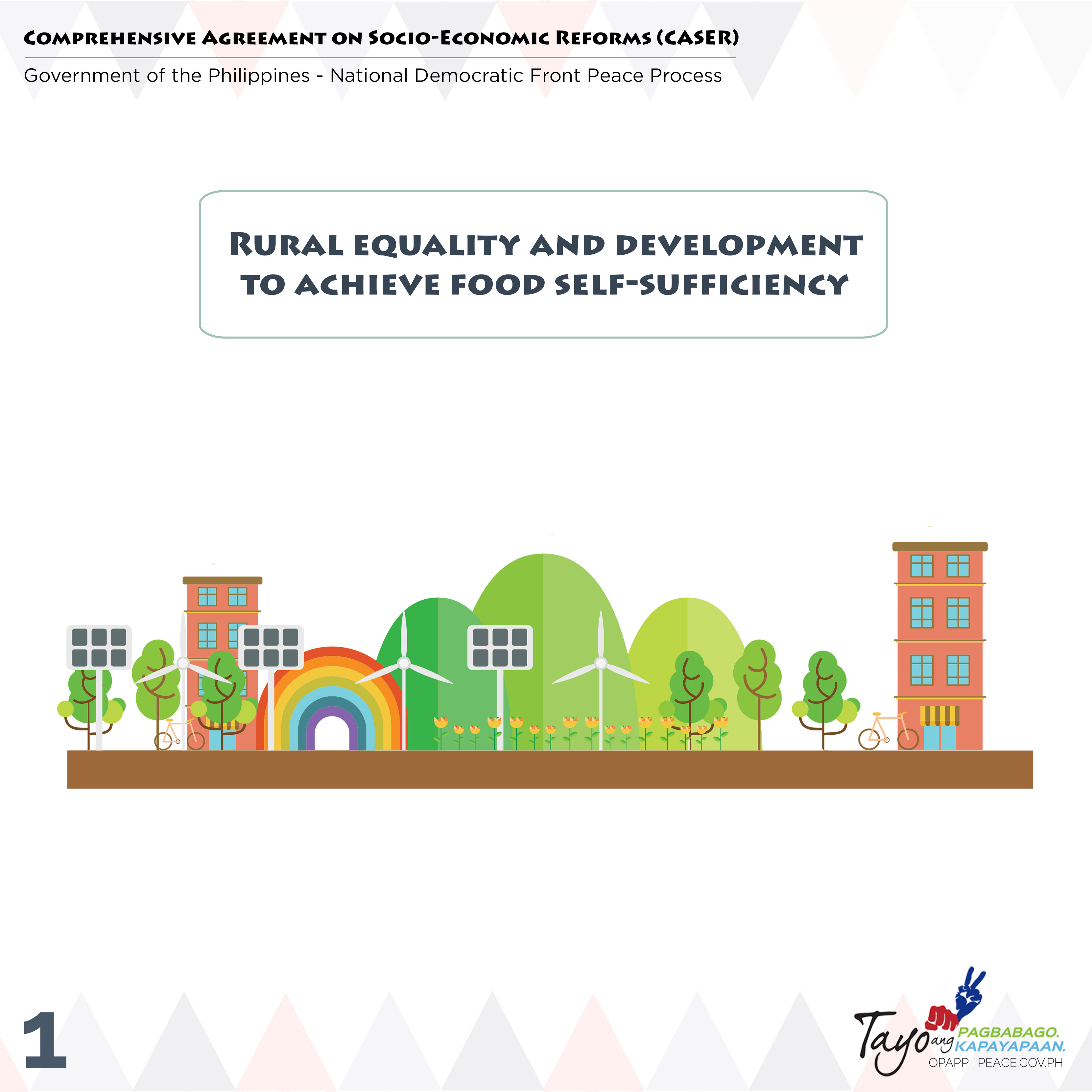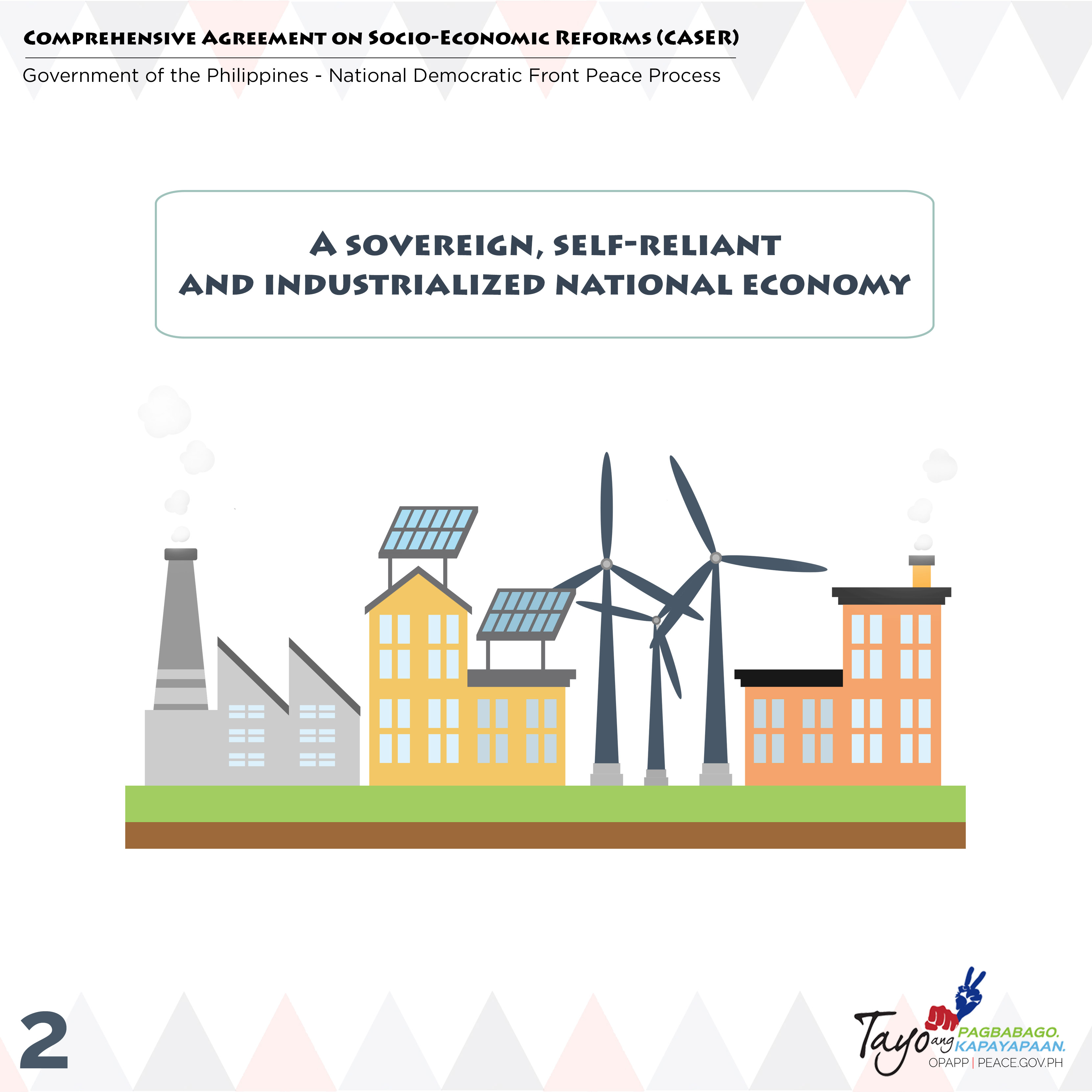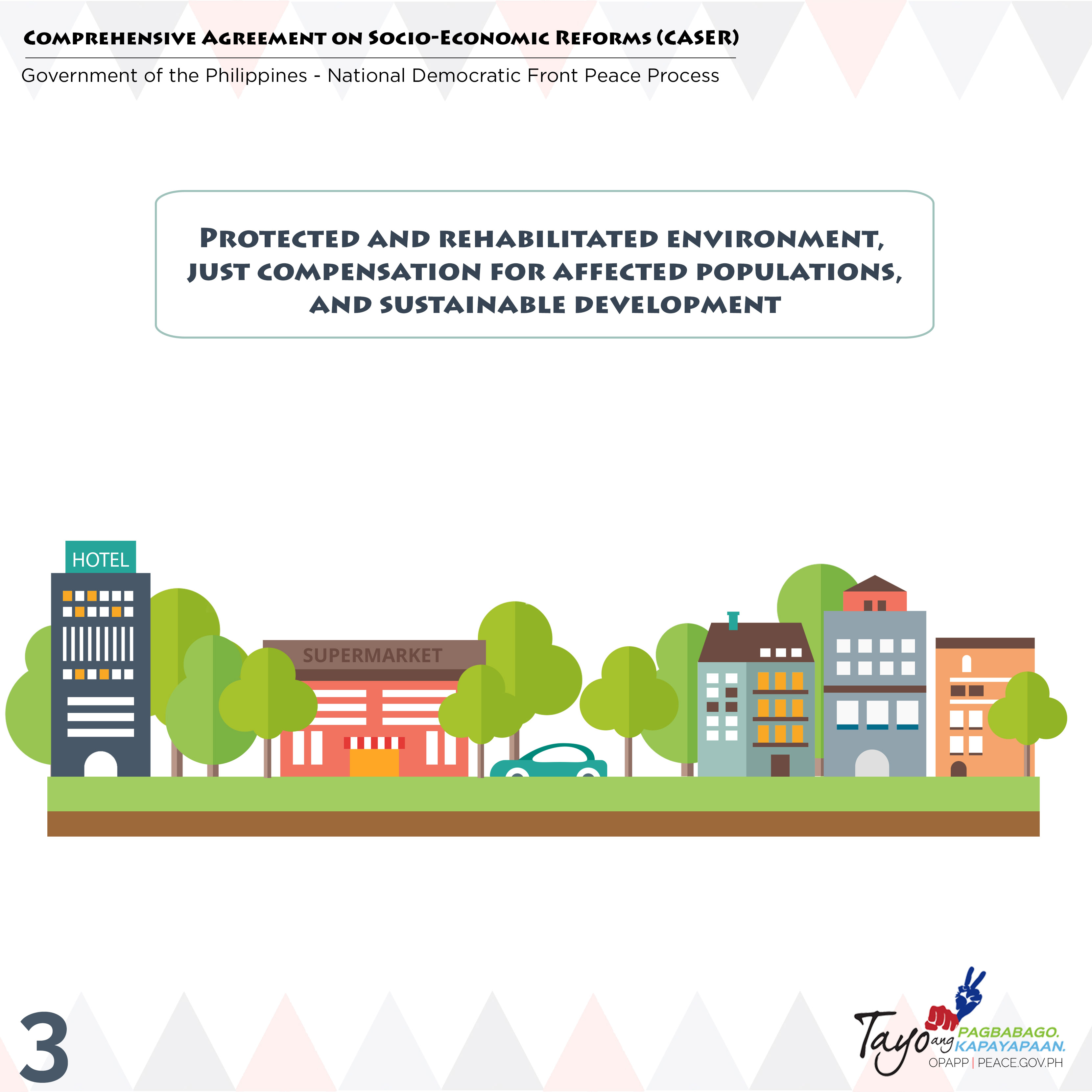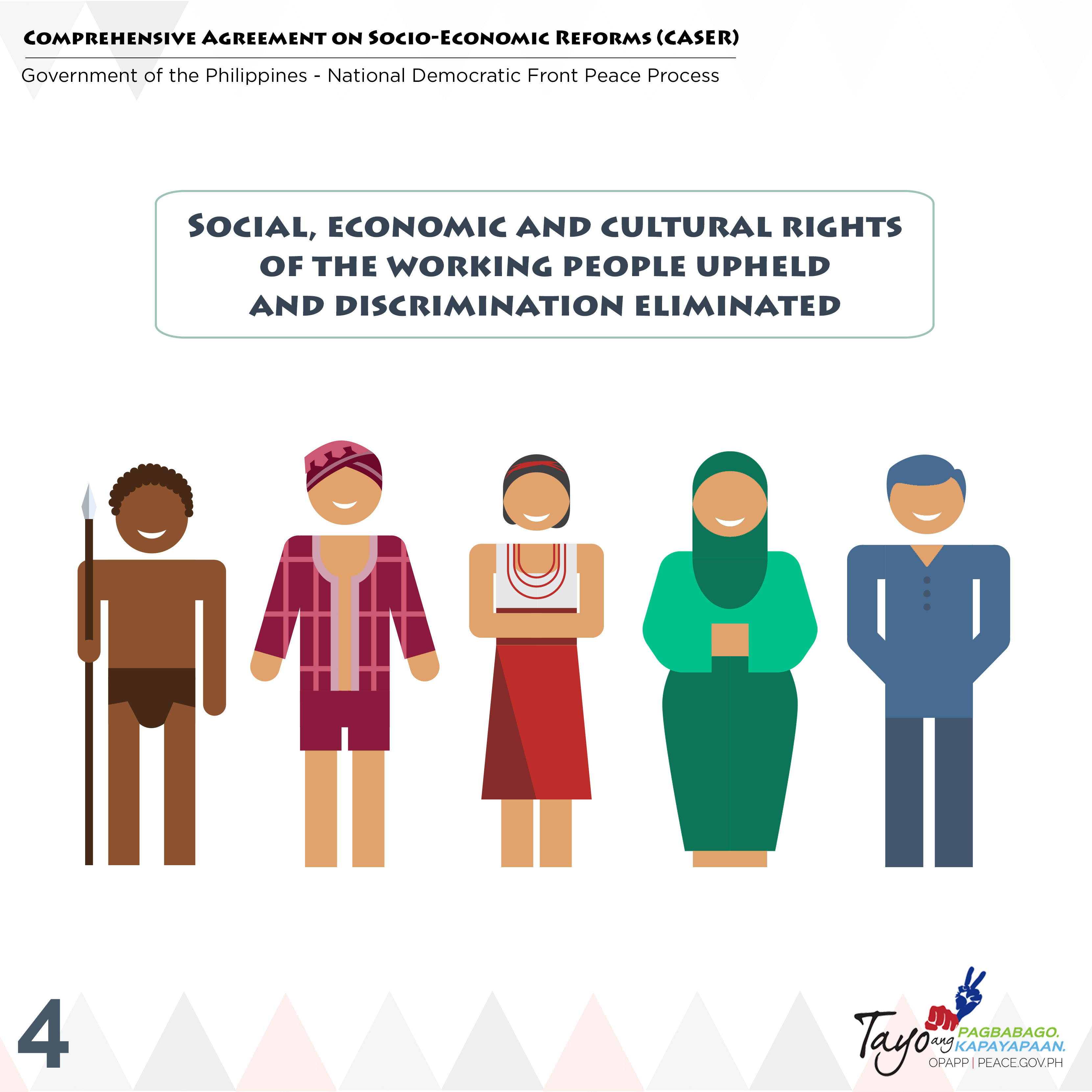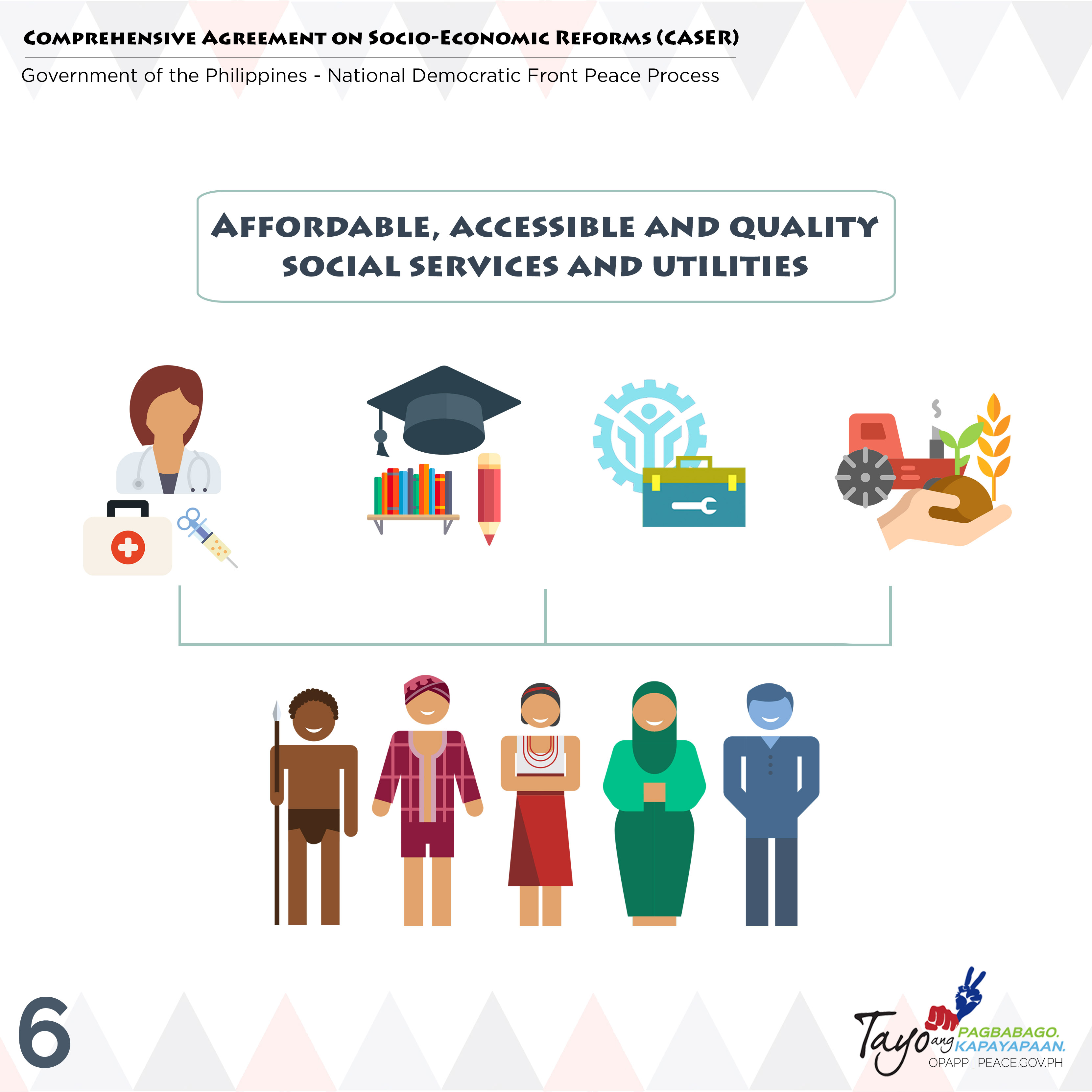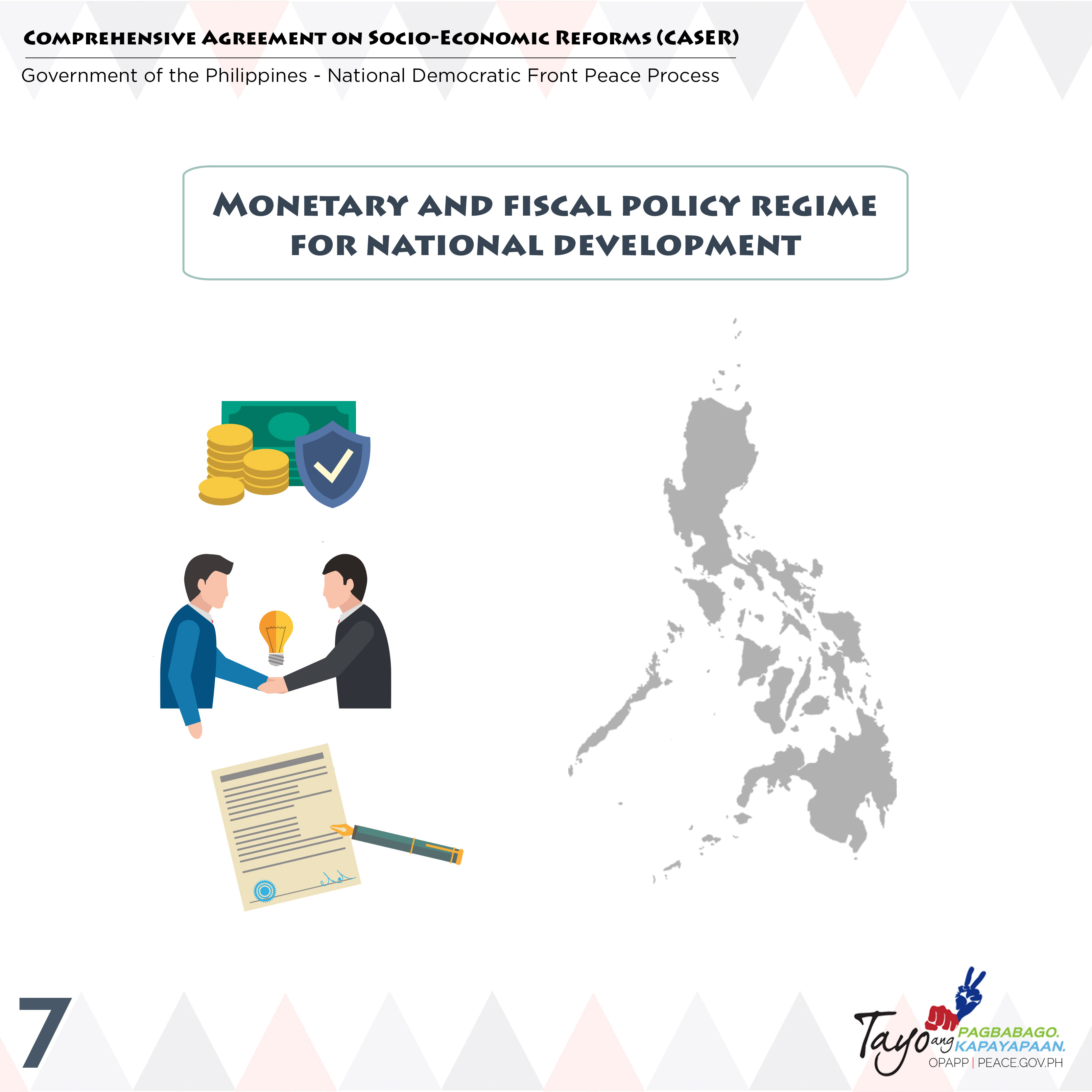The top local executives and civic leaders of the Cordilleras today ended their historic joint meeting of the Regional Development Council (RDC) and Regional Peace and Order Council (RPOC) with an appeal to both the Philippine government (GRP) and the National Democratic Front (NDF) to agree to a permanent ceasefire and enable the full development of their communities.
In a joint statement signed after the two-day conference held in Baguio City, officials and members of the Cordillera Administrative Region RDC and RPOC declared their “commitment of support to the call to end violence and to the attainment of permanent ceasefire” with communist guerrillas.
Baguio City Mayor Mauricio Domogan, chair of both the RDC and RPOC, explained that the attainment of just and lasting peace is a key foundation to realize inclusive growth and sustainable development in the Cordilleras.
We believe that this will be realized through continuing peace negotiation, sustainable socio-economic reforms, and recognizing our right to self-determination through an autonomous regional government,” Domogan pointed out.
Aside from Domogan, other top local officials who participated in the joint RDC-RPOC conference include Governors Cresencio Pacalso of Benguet, Pedro Mayam-o of Ifugao, and Bonifacio Lawasan, Jr. of Mt. Province.
Also in attendance were officials of national government agencies that include the NEDA, DILG, DAR, DPWH, DepEd, DOE, DOLE, DOST, TESDA, DSWD, DOT, NCIP, PMS, PIA, AFP and PNP as well as community leaders from the private sector and non-government organizations.
he historic conference was held upon the request of the government panel negotiating peace with the NDF as part of their nationwide consultation-workshops on proposed social and economic reforms being discussed with communist guerrillas.
The consultation-workshop, held at the Albergo Hotel, also sought to solicit inputs from the local officials and community leaders of the Cordilleras regarding concerns on the proposed joint ceasefire agreement with communist rebels.
“The series of workshops is part of the government panel’s nationwide consultations with relevant stakeholders to collect inputs, test the validity of its positioning and encourage buy-ins for the on-going peace negotiations,” explained former Agrarian Reform Sec. Hernani Braganza, the panel member supervising the discussions on the Comprehensive Agreement on Social and Economic Reforms (CASER) and joint ceasefire agreement.
The outputs of the consultation-workshop in the Cordilleras, according to Braganza, will be included as inputs to the fifth round of formal peace negotiation with the NDF scheduled in The Netherlands from May 27 to June 1, 2017.
One of the major inputs during the workshop was the Cordillerans’ declaration of support for a new agrarian reform program that will respect the Indigeneous People’s right to their ancestral domain.
The participants were also amenable to the other provisions of the draft Comprehensive Agreement on Social and Economic Reforms (CASER) submitted by GRP to the NDF, provided the reforms will not be implemented in conflict with traditions and culture of the Indigenous Peoples of the Cordilleras.
The local executives and community leaders maintained that any ceasefire agreement with the NDF must contain provisions prohibiting extortion activities and attacks on the civilian populace by communist guerrillas including destruction of private property and abduction.
Braganza noted that aside from CASER and joint ceasefire, the GRP and NDF panels will also discuss their respective positions on the proposed Comprehensive Agreement on Political and Constitutional Reforms (PCR) on the next round of talks in The Netherlands.
“At the moment, discussions were being conducted extensively on CASER since forging an agreement on social and economic reforms is acknowledged by parties to be central to reaching unity and peace,” he explained.
“We will also focus on the joint ceasefire since forging a bilateral ceasefire is considered to be of parallel importance to provide an enabling environment for reforms to take place,” he added.
The government and the NDF had previously conducted four rounds of formal peace negotiations under the term of President Rodrigo Duterte, achieving breakthroughs in CASER discussions, ceasefire agreement and implementation of the Comprehensive Agreement on Respect for Human Rights and International Humanitarian Law (CARHR-IHL).
For CASER, both panels had agreed to accelarate the discussion through formation of bilateral teams that meet regularly in Manila in between formal rounds of peace negotiation. The discussions intend to flesh out an agreement on free land distribution for a proposed agrarian reform program.
During the fourth round of peace talks, held in Noordwidjk Ann Zee in The Netherlands last March, both panels also agreed to sign a joint ceasefire agreement that will provide cessation of hostilities pending the signing of a final peace agreement. The terms of reference (TOR) of the joint ceasefire is now under discussion in Manila.
The third round of peace talks, held in Rome last January, produced an agreement providing supplementing guidelines for the operationalization of the Joint Monitoring Committee (JMC) of the CARHR-IHL.
The CARHR-IHL was signed by the government and the NDF in 1998, but it was only under the term of President Duterte that it was made fully operational.
The agreement recognized the need to apply human rights principles when responding to the armed conflict. It obligated both parties to promote the respect of and adherence to international humanitarian law among its forces. It emphasized the urgency of protecting the civilian population.


